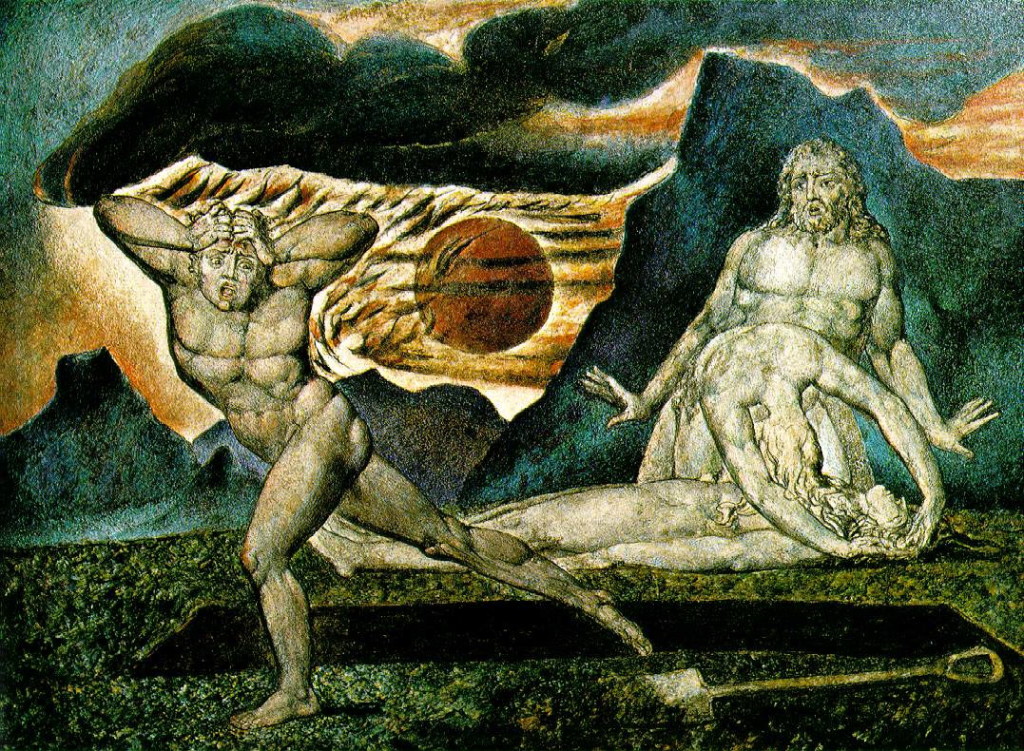
Throughout Questions of Poetics, I use radical particularity as a critical concept to discuss the making and interpretation of Language writing and other forms of art—but also its limits as a pre-given or “one-size-fits-all” concept. Language writing may be characterized, in almost every instance, by the foregrounding or highlighting of the “radical particular,” but this does not simply guarantee the success of its aesthetics or politics, nor does it distinguish its use of the radical particular from other art practices. I see the focus on the “radical particular” as common to the avant-garde, as having a critical potential that is the beginning, not the end, of its politics:
Radical particularity has a long history in avant-garde practice—indeed, it may be the formal feature most characteristic of the manifold histories of the avant-garde, from Dada’s cut-ups to surrealism’s found objects to imagism’s direct treatment to Language writing’s parataxis, continuing in myriad ways in present poetry and art. The priority of parataxis (or principle of equivalence) over hypotaxis (or principle of subordination) has, in itself, even been taken as the key principle of Language writing’s claim to a politics, as if the mere foregrounding of the materiality of language would overturn the Symbolic Order, mirroring or subverting the equivalence of the commodity form and exchange value by bringing material social relations to consciousness and thus negating them. What remains to be shown are the precise relations between materiality, signification, criticality, and form such that the agency of the work is not reduced to a universal effect, good for every occasion. (8)












